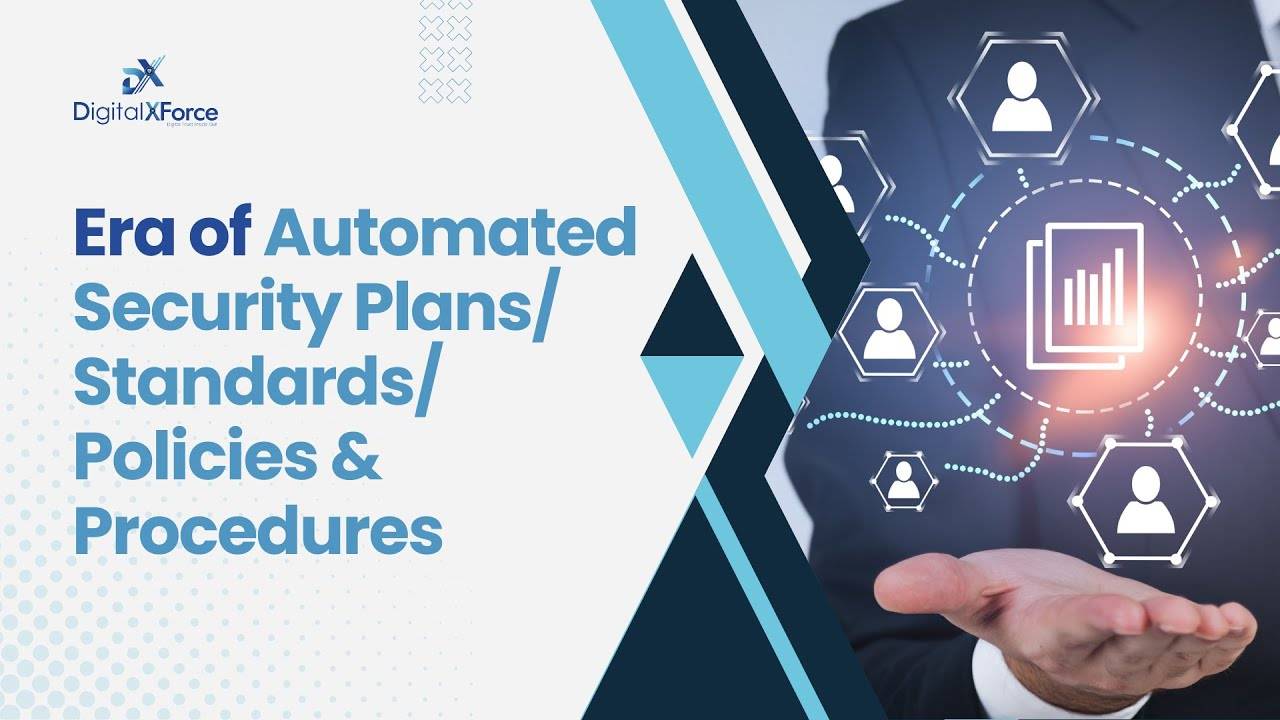DigitalX Risk Quantification & Prioritization
Make informed decisions on resource allocations and risk mitigation strategies to proactively address potential threats and minimize the effect on business operations.
What We Give You

Risk Identification
Identifies potential risks, including reviewing internal and external factors such as technology, processes, people, and environmental factors contributing to potential threats or vulnerabilities.

Risk Analysis
Analyzes each identified risk by assessing its likelihood (the probability of the risk occurring) and impact (the potential consequences). Factors considered for evaluating likelihood and impact include historical data, industry trends, expert opinions, and other relevant information.

Risk Quantification
Assigns a numerical value or score to each identified risk derived through implementing methodologies like risk matrices, risk scoring systems, or quantitative risk assessment models.

Risk Prioritization
Prioritizes risks based on quantified scores to address the most critical threat to the organization first.

Risk Tolerance and Appetite
Considers the organization's risk tolerance (the amount of risk it accepts) and risk appetite (the level of risk it is willing to pursue) to ensure risk mitigation efforts align with its overall strategy and objectives.

Risk Mitigation
Develops and implements risk mitigation strategies for the prioritized risks, including risk avoidance, risk transfer, risk reduction, or risk acceptance, depending on the nature of the risk and the organization's risk tolerance.

Monitor and Review
Continuous monitoring and review of the risks and the effectiveness of the risk mitigation strategies. Adjusts the risk quantification and prioritization process based on changes in the organization's environment, risk landscape, or risk appetite.
 DigitalXForce strengthens trust and security with SOC 2 certification, demonstrating robust data protection, privacy practices, and operational excellence in delivering cutting-edge digital solutions for clients across industries.
DigitalXForce strengthens trust and security with SOC 2 certification, demonstrating robust data protection, privacy practices, and operational excellence in delivering cutting-edge digital solutions for clients across industries.


